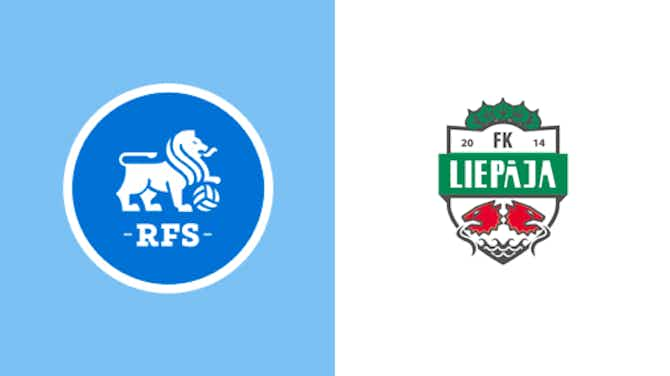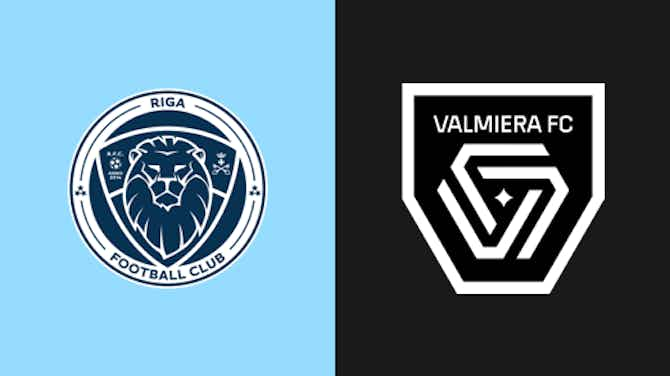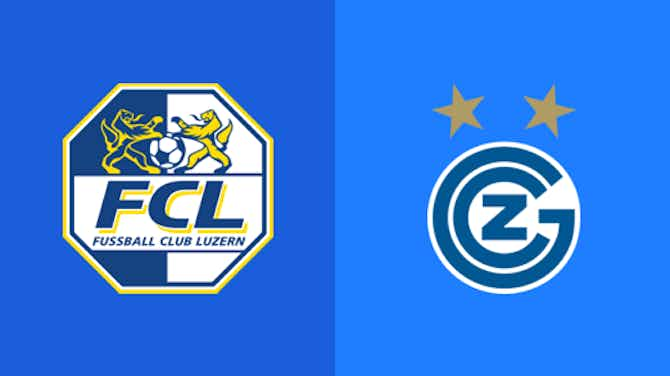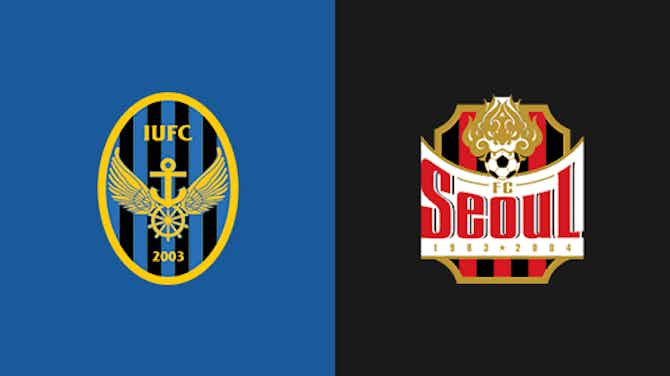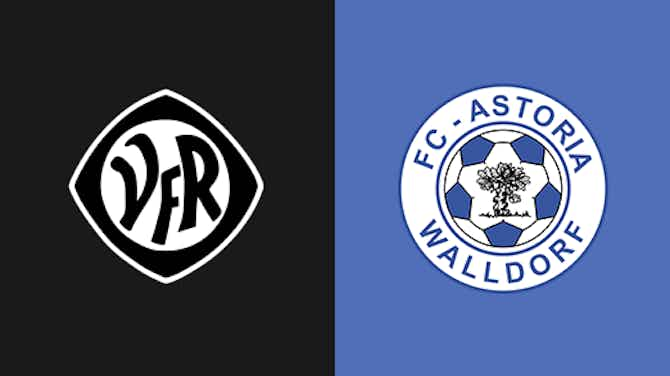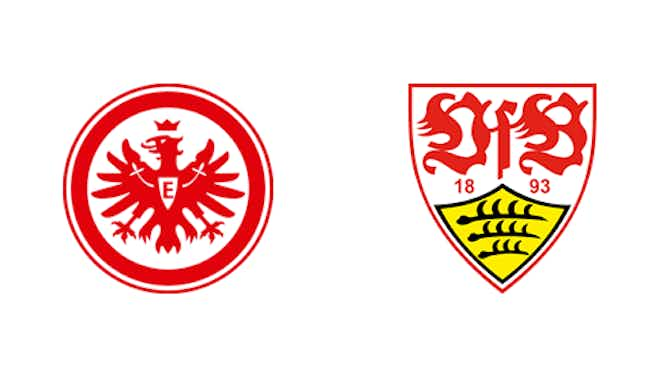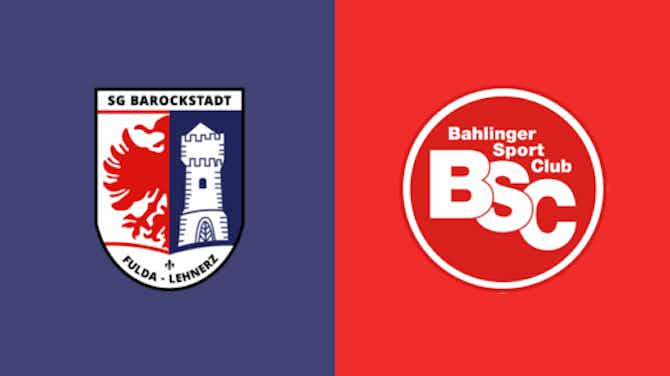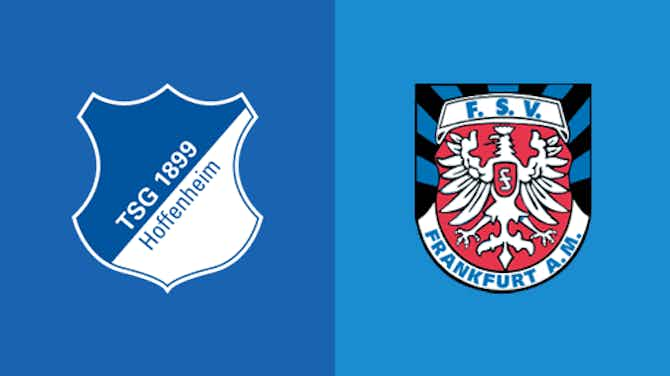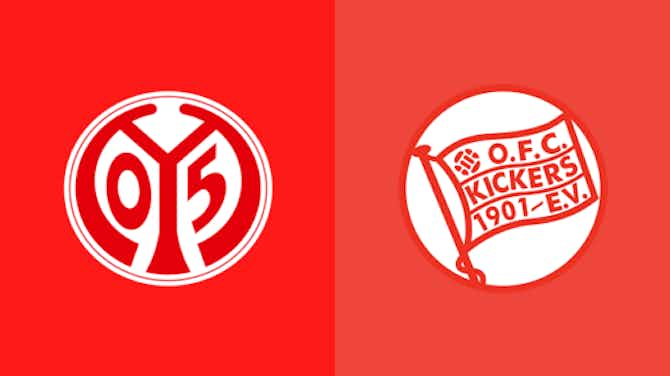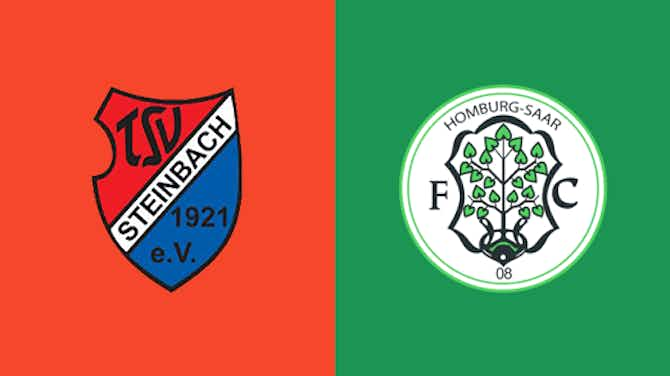The Independent
·20 February 2024
Crystal Palace take a necessary step into the unknown with Oliver Glasner appointment
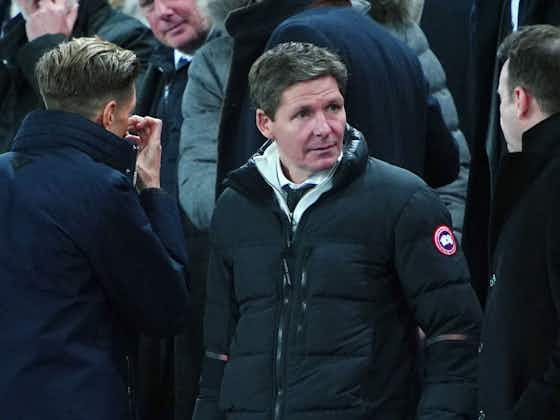
The Independent
·20 February 2024

Crystal Palace’s future was reshaped in 100 minutes. Not the time spent on the Goodison Park pitch, a forgettable draw supervised by Ray Lewington adding a point and a sense of calm but scarcely altering the equation otherwise. But two announcements, separated by the length of a football match in an attempt to make it appear seemly, designed to give Palace the sense of ambition and direction they have lacked this season.
Roy Hodgson stood down, an admission of the inevitable when Palace had a successor lined up even before a 76-year-old was hospitalised. Oliver Glasner, whose appointment became the worst-kept secret in South London, was hired. He sat in the directors’ box, sandwiched by those pillars of Palace, Steve Parish and Mark Bright, grinning as Jordan Ayew fired his new team ahead at Everton. The Lewington interregnum, one game in caretaker charge alongside Paddy McCarthy, brought a pensioner in garishly bright shorts shouting from the edge of the technical area. Perhaps Lewington’s severance package will include his trademark shorts, but Glasner looked a smarter figure who may play a more fashionable brand of football.
There was a normality to it, but it may have ended a period of in-fighting and instability at the most consistent of mid-table clubs and belatedly ushered in a new era. The temptation is to say that Glasner is everything Hodgson is not but that is not entirely true. The Austrian’s last three seasons in management include a fourth-place finish with Wolfsburg and a Europa League trophy with Eintracht Frankfurt. For Palace, a club who can seem condemned to forever finish between 10th and 15th, he has the potential to prove the manager who smashes through a glass ceiling.
But Hodgson had his Uefa Cup finals, too, one reached with Fulham. Palace could feel the last bastion of the old British manager, with Hodgson the oldest of them all, and a theory they only turned to a foreigner because they had exhausted the stock of aged Englishmen.
This can feel a jolt into the unknown. Palace’s experience of managers from outside Britain and Ireland amounts to seven games under Attilio Lombardo and Frank de Boer’s five-game tenure. Given Hodgson’s long path home, Roy from Croydon was as exotic as Palace have otherwise got.
In a season where the progressive import has benefited Brighton and Bournemouth, Aston Villa and Leicester, where Jurgen Klopp decided to walk away because is becoming exhausted at 56, Hodgson was still more of an anomaly at 76.
He felt timeless but time caught up with him. First the public turned, then his health deteriorated. Hodgson was taken ill at training while Palace were plotting to replace him, a club left in limbo with its manager incapacitated. It amounted to an undignified farewell, the day that almost certainly brought down the curtain on his 48-year management career occurring without any sight of him. There is a sadness that Hodgson didn’t walk away last summer, in the glow of keeping Palace up with an uncharacteristic blitz of goals, when the tributes would have flowed.
A manager with a hinterland had plans to move abroad, but management retained its addictiveness. If his motives in carrying on were understandable if misguided, the greater criticism should be reserved for the Palace hierarchy. Indeed, it had been directed at them. The recent, somewhat wordy, banners - “wasted potential, on and off the pitch, weak decisions taking us backwards” – were aimed more at the boardroom than the manager, even if Hodgson had seemed the face of the problem.
But not the cause. It was Parish who decided to reappoint a man born before the partition of India. That Glasner was available last summer illustrates that, amid a season of acrimony and injury, of tactless comments and disappointing results, of divisions within a club and between the powerbrokers and the supporters, it didn’t have to be this way.
Palace condemned themselves to a wasted year, deciding to postpone a decision and their future: it was all the odder as the relative weakness of the promoted teams meant there was a greater chance they could afford a time of transition now. Instead, they have underperformed on the pitch while alienating their fanbase with a seeming acceptance of stasis and unwillingness to aim for anything more or better.
It is harder to level that accusation now, not with the prospect of Red Bull-influenced energy and Germanic pressing, even if change only came after Palace were riven by dissent and there was something unseemly about the way Hodgson was eventually pensioned off. But Glasner, a toddler when his predecessor won his first league title, represents another a new generation. The departing manager, after all, is older than Steve Kember, who first managed Palace in 1981. He may finally head into retirement, though he has confounded expectations by returning from it before. But perhaps, after 23 jobs since 1976, Hodgson is finally a former manager. Maybe his age only equips him for one position now: president of the United States.



